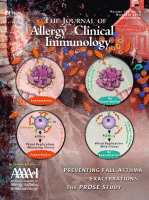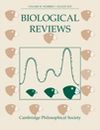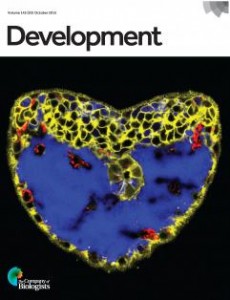 Duke researcher Michael Foster and his former co-author Erin Potts-Kant are adding to their notice count with a major correction from late last year to a paper on how certain cells in mice respond to a pneumonia infection, citing “potential discrepancies in the data.”
Duke researcher Michael Foster and his former co-author Erin Potts-Kant are adding to their notice count with a major correction from late last year to a paper on how certain cells in mice respond to a pneumonia infection, citing “potential discrepancies in the data.”
The correction is actually a partial retraction: The note explains that parts of three figures should be discounted.
We’ve also recently unearthed multiple corrections and two retractions from the pair that we missed from earlier in 2015.
After questions about the data in the corrected paper arose, the authors were able to replicate most of the experiments in the paper, according to the note. But since the paper was published, the senior author passed away, closing her lab, so they couldn’t repeat all of the work.
Here’s the correction notice for “Mast cell TNF receptors regulate responses to Mycoplasma pneumoniae in surfactant protein A (SP-A)−/− mice,” published in The Journal of Allergy and Clinical Immunology:
Continue reading List of retractions, corrections grows for Duke researchers






 We’ve uncovered a “
We’ve uncovered a “